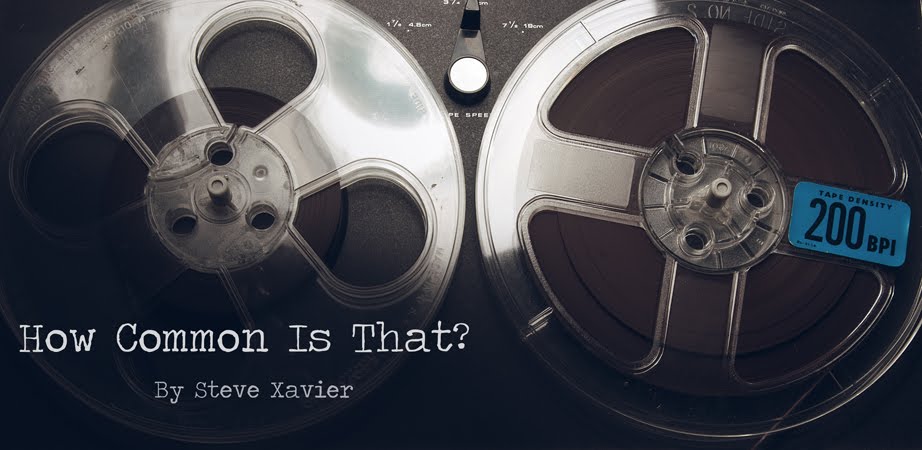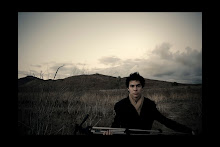I have recently recorded and mixed a band, and am hoping to continue working with them in the future. I realized that bands have a hard time going from myspace to itunes, and in this blog I'm going to try and explain how to do that.
So you've got all your songs and people are grooving to them. Hopefully you've taken some vocal and music theory classes. You are the vessel in which your art flows, you are the medium in which you express your thoughts and feelings, so let's hope you are playing because of the art and not because of the limitations.
The next step is to practice. Practice so hard it hurts, and I mean this. When you go into the studio, you don't want to be trying to remember your part, or having the whole production stall because you can't seem to get it right. Figure out all of the tempos to all your songs if you plan on playing to a click track (HIGHLY recommended.) Also, if you plan on playing to the click track, make sure you can actually play to a click track.
Now the average studio will charge around $50 an hour or about $400 to book the whole day. Give yourselves plenty of time. I would say an hour per song (if you have practiced, practiced, prazacticed!) after the initial hour of setting up and last half hour to tear down. This first day you'll just record drums, bass, scratch guitar, scratch vocals.
So the drums and bass are done. Hopefully the studio gave you the Pro Tools session to take home. Solo the drums and bass and practice to them. This is your job, your salary, your statement to the world. It needs to be as perfect as you imagined it. NEVER settle for good enough. If it's possible, take your drum and bass track to an Pro Tools engineered with a 110 level certification or higher and get it beat-mapped to ensure that the drummer is spot on. (Don't worry, if the engineer knows what he is doing this will not reduce the feel of the music to a mechanical humanless beat.)
So you're ready to go back the next day. Do as the engineer says and don't argue. It's good to have honest people there telling you if the take was good or not. Be highly critical of yourself. Here you'll record over the scratch guitar and scratch vocals with the real awesome amazing stuff!
SIDE NOTE: If you're going to record yourself, Number 1: DON'T! (Unless you know what you're doing.) And if you decide to skip Number 1, than Number 2: Please, please please please set all of your levels so they don't clip. (Red lights.) That's losing signal, that's digital distortion, that's suck. Also, this happens when you mix as well. Put a master fader in your mix (Command N, select stereo master fader) and don't clip or else suck happens! You've been warned.
Ok, so now you have the tracks and the session file from the studio session. Take that to a mixing engineer. A good mixing engineer will give you a flat rate per song, not an hourly rate. $20 per song is usually about right, or $150 per album. Make sure you keep a close eye on your mixing engineer, and keep him on track for your artistic vision.
In todays world, mastering engineers want stems, or separate mixes for the drums, bass, guitars, vocals and time-based effects such as reverb. A mixing engineer who knows what he's doing will charge you extra for the stems, but it's a good idea to get them. A very good idea.
A mastering engineer will probably charge $500 for an album, so make sure you have played enough shows to pay for all this. Please don't skip this step. This is very important.
Ok, now you're ready. You've got a professional demo or full length album that you want to share with the world. Who wants it? Well, if you go to the IODA website, you'll find a vast number of services to get your product out there. IODA is an independent distribution company that will be able to get your album into stores and on iTunes.
Final step; send your demo to every label that is remotely like your genre of music. They really listen to the demos, and if you have done all of the steps above, it will be head and shoulders above most of the demos they receive.
In the end, plan on spending at least $1,000. IODA gives it's artists about 85% of the profits, instead of 10 or 15%, whatever iTunes is. If you think you can sell at least 120 albums for $10 each, then you'll start to make a profit.
Saturday, October 3, 2009
Subscribe to:
Post Comments (Atom)


No comments:
Post a Comment